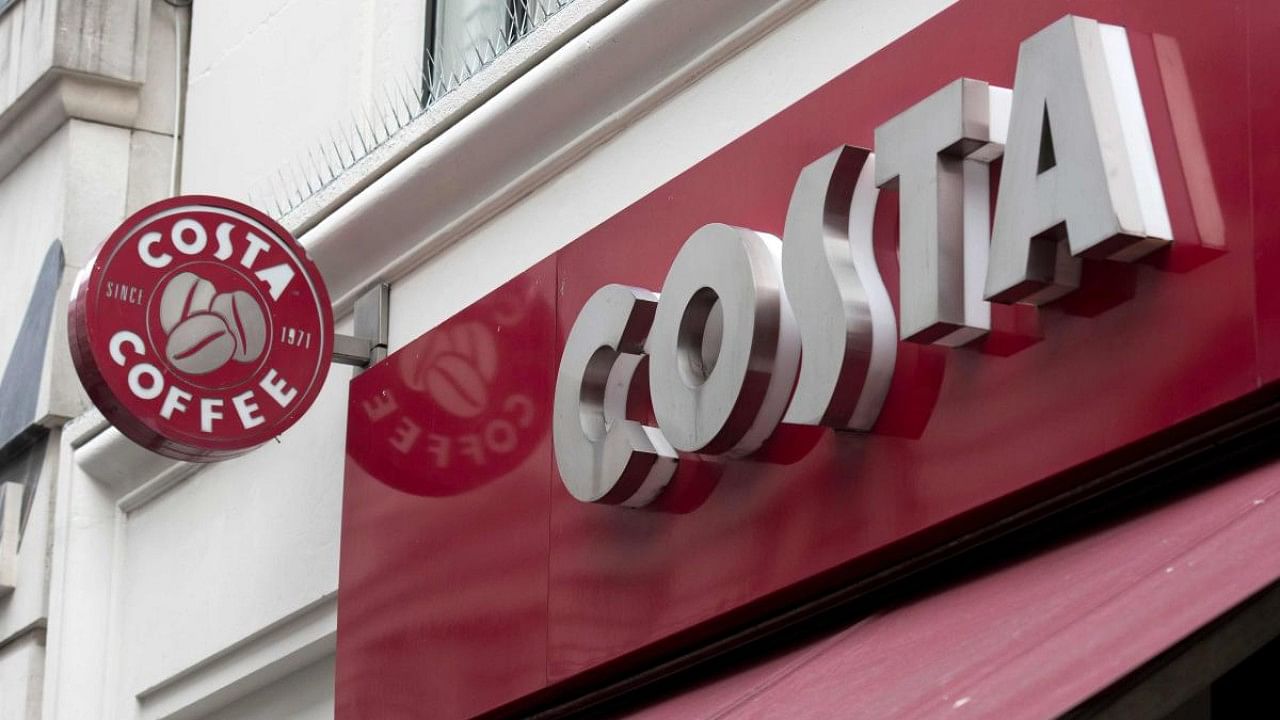
Innovation is going to be the "key growth engine" in India for Coca-Cola contributing 15-20 per cent in growth and the beverage major will focus on urban areas by adding premium offerings and expanding its rural footprints with affordable options, said its President Sanket Ray.
Besides, the presence of Costa Coffee, a coffee chain brand owned by Coca-Cola, will also be expanded to newer cities aiming to have a pan-India presence in the next three years, he added.
Coca-Cola India is expanding its network in rural areas, which nearly contribute 38 per cent to the overall business. It had focused more on the urban market in the pandemic-impacted 2021 than rural areas, due to affordability and other issues.
According to Ray, the business of Coca-Cola India is still under-penetrated in the consumer business category and will grow its business through expansion of the portfolio, marketing and distribution.
"We are highly optimistic on the growth numbers for both short-term and medium-term," Coca-Cola President (India and Southwest Asia) Sanket Ray told PTI.
According to global forecasts, two of the company's markets in the region, India and Bangladesh, will be among the top-10-growing GDP markets till 2030, he added.
When asked as to whether Coca-Cola will introduce some new brands from its global portfolio into the Indian market as the economy and purchasing power are improving, Ray said the right categories will be introduced at the right time.
"The urban market of India has a decent per-capita income and is exposed to global things (brands). We will have to get into the premiumisation part, where the other FMCG (fast-moving consumer goods) companies have done work. We have the option to do and will see the action happening," he said.
Strengthening its portfolio, Coca-Cola recently introduced 'Zero Sugar' in December in India and more new categories will come in, said Ray.
"In the new category, it would not only be global brands but also local brands, with regional flavours," he said adding that the cola major is now taking its sparkling Zeera (cumin) flavour drink RimZim to the national level with a strong campaign and distribution drive.
In local flavour, Coca-Cola is going to launch 'aam Panna' flavour under its mango-based drink Maaza.
"Similarly, we are also looking to launch in the sports segment and something in the mass-energy. We are going to drive innovation as a key growth engine. Mostly, we are looking at 15-20 per cent of our growth coming from innovations," said Ray.
He added that this would be both from the global and local portfolio, in premium and affordable segments.
The company has plans to introduce an apple sparkling drink under the brand Fanta next week also. The new products will be both in the fizz and non-fizz categories, Ray added.
While talking about Costa Coffee's expansion plans, Ray said it is a small business compared to rivals such as Starbucks in the coffee chain segment.
"We are small and present in a very small number of cities. Our goal is to expand the chain and be a pan-India player in the next three years," he said adding that "we would be expanding in top 10-20 cities".
Costa Coffee chain is operated in India by Devyani International Ltd, owned by RJ Corp, which is also a bottling partner of rival PepsiCo.
Costa Coffee was acquired by the Coca-Cola Company in 2018 from Whitbread Plc.
Over the e-commerce and channels that have witnessed exponential growth after the pandemic, Ray said it will use the strength of its channel partners in both business-to-business and business-to-consumer spaces in 2022 and has no such plans for direct-to-consumer as no specific exclusive brand right now.
Currently, e-commerce contributes three per cent of the overall sales in India.
Coca-Cola India had committed an investment of $1.7 billion towards creating a Fruit Circular Economy to aid the Indian agri-ecosystem till 2023. It is working on fruits such as mango, grapes, apple and litchi, getting them to its supply chain and sourcing.
"The plan for us to focus on mango as a product and other areas where we want to expand further. The other areas, which we are evaluating to expand opportunities in oranges and also we are looking at sugar cane," he added.
Besides, Coca-Cola is also working on gender diversity and inclusion in the organisation here.
"The gender balance in my leadership team is 43 per cent and overall, Coca-Cola is 40 per cent," he said adding that "we have a commitment of 50:50 gender balance".
It is also working on clean energy in India and 49 per cent of power consumption in India during 2021 was from solar and wind power and in some markets, it will reach up to 75 per cent by 2023.
Plastics recycling and collection is also a big focus area and is working with the government to also use recycled plastics in its PET bottles.
Coca-Cola's unit case volume grew 11 per cent in the Asia-Pacific market during 2021, driven by growth in markets such as China, India and the Philippines, the company had said last week in an earnings statement.
Check out the latest videos from DH: